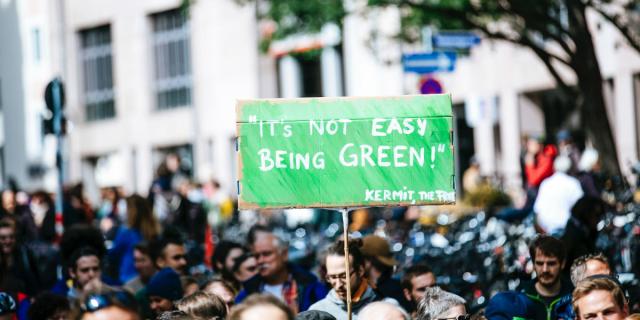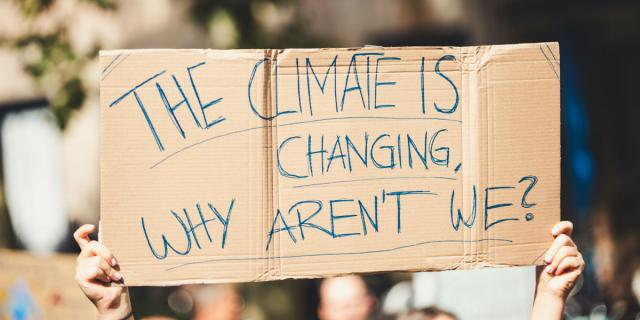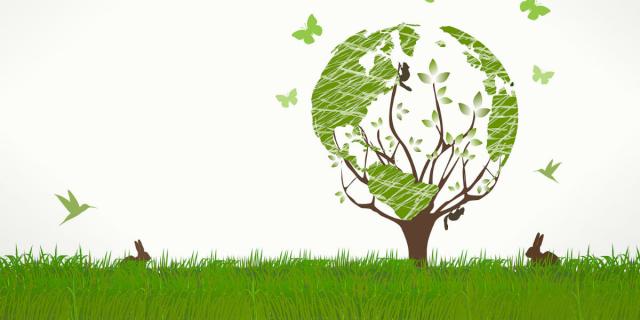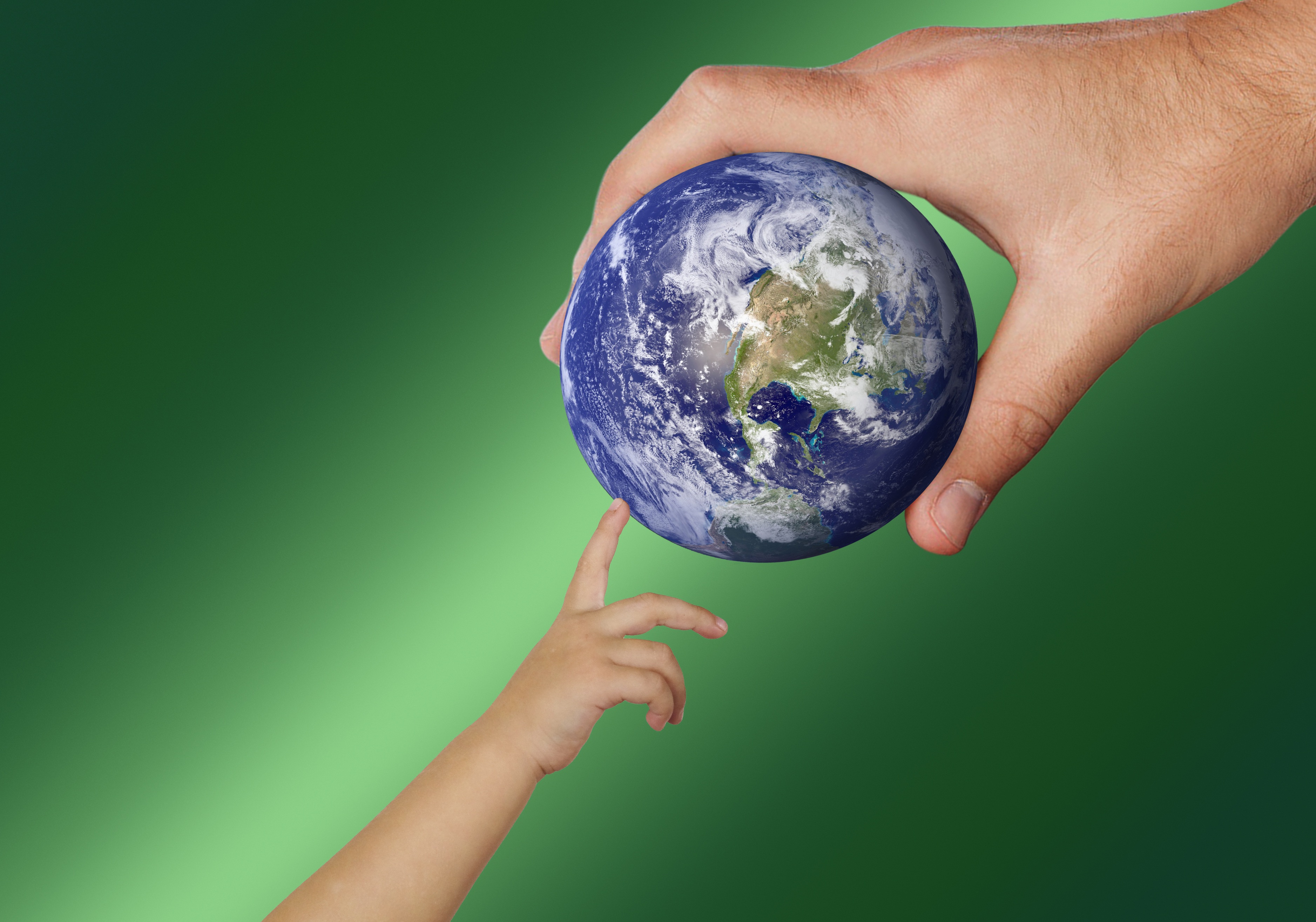Alongside this, scientists have been telling us for years that our planet is warming due to a combination of increased fossil fuel emissions and the destruction of the huge forests that help regulate the amount of carbon in the atmosphere. There is no doubt that the planet is warming causing threat to wildlife and to our own existence. Wildfires in America and Australia, and the melting polar caps are proof that we need to do something and need to do it soon. So, in response to this impending doom, we occasionally leave the car at home and walk the mile to work – except when it’s raining.

Over the past few years we have acknowledged that being green is good, but only if it doesn’t inconvenience us too much. Without the political will to enforce change, it looked as if the status quo would be maintained and we would continue paying lip service to the environment, and opting-in to being green when it suited us.
Last year it all changed. Greta Thunberg arrived on the scene along with Extinction Rebellion and there was a global shift in public opinion. Suddenly, global warming and the environment were hot political issues. It’s no longer a case of opting-in to being green but having to face the increasing shame of opting-out.
Never underestimate shame as a motivating force. The shame associated with being a drunk driver was a massive motivator in changing our social attitudes towards drinking and driving.

It will be interesting to see how this change in social attitudes towards sustainability will affect the market place. Two years ago vegans struggled to find a place to eat outside speciality restaurants. Now that veganism is mainstream you can find vegan options on every restaurant menu in the country and even Doctor Martens have a range of vegan boots, to tap into the lucrative sustainable market.
Our high streets, once full of boarded up shops (closed in response to the online shopping revolution), are now reopening as second-hand and charity stores, as consumers look to recycle and repurpose goods in an effort to lead more sustainable lives. In 2018, the second-hand market in the UK was worth in excess of £700m and showed a 9.2% increase on the previous year. A trend that appears to be increasing.
Large multinationals are continually developing products and strategies to persuade us to part with our ‘green’ pounds. Sainsbury’s customers are being encouraged to bring their own packaging to buy loose foodstuffs, PG are removing the non biodegradable glue from their tea bags, and only recently I read that Colgate have developed the world’s first recyclable toothpaste tube.

With the government committing itself to become carbon neutral within the next 30 years, the trend towards more sustainable consumerism is here to stay and is not a flash in the pan. During the next few years manufacturers and retailers alike will be flashing their sustainable credentials in fear of the green movement shaming them if they don’t.
Having said that there is still some way to go. Currently, sustainable eco-products are not as widely available, affordable or as good as the products that they are replacing. However, they are catching up fast and, like veganism, it’s only a matter of time until they become mainstream.
At that point, it will no longer be an option for the consumer to pay lip service to sustainability. They will have to opt in or face the shame of opting out. The green revolution is knocking at the door. Businesses must act now to embrace the cultural change that sustainability brings and those that don’t could pay the heavy price of shame.
